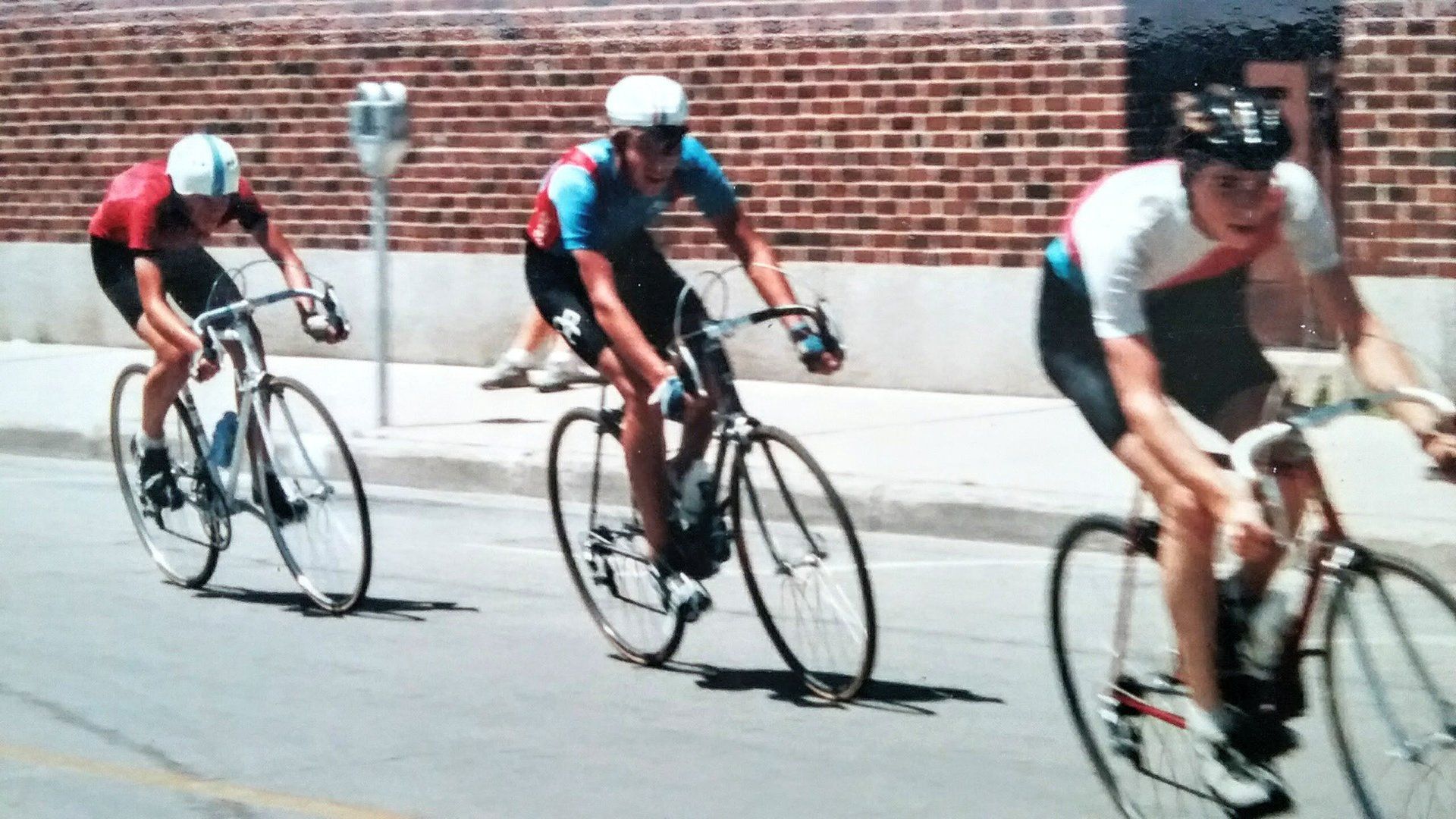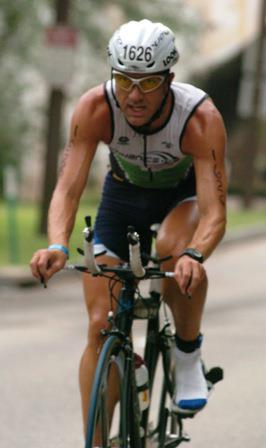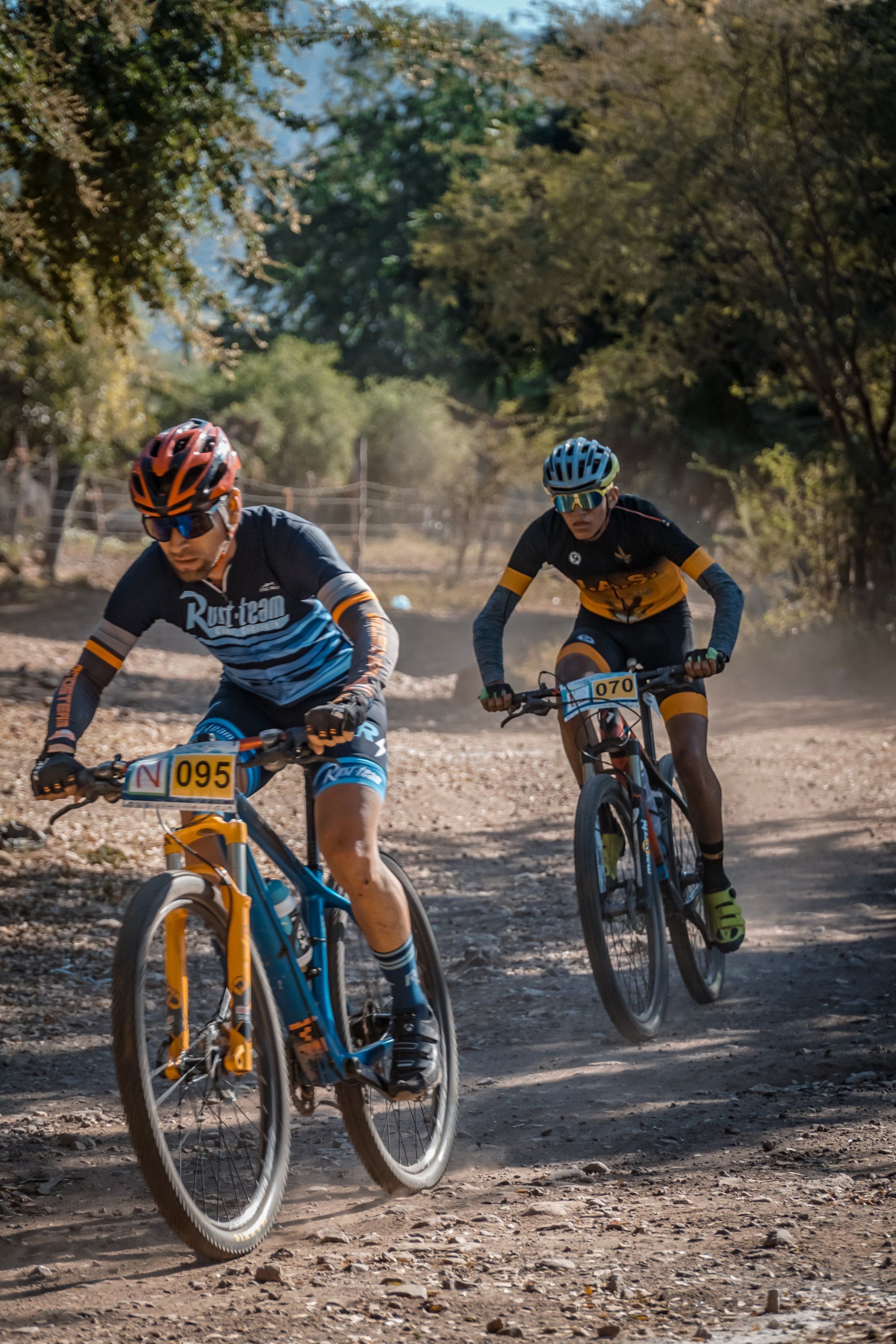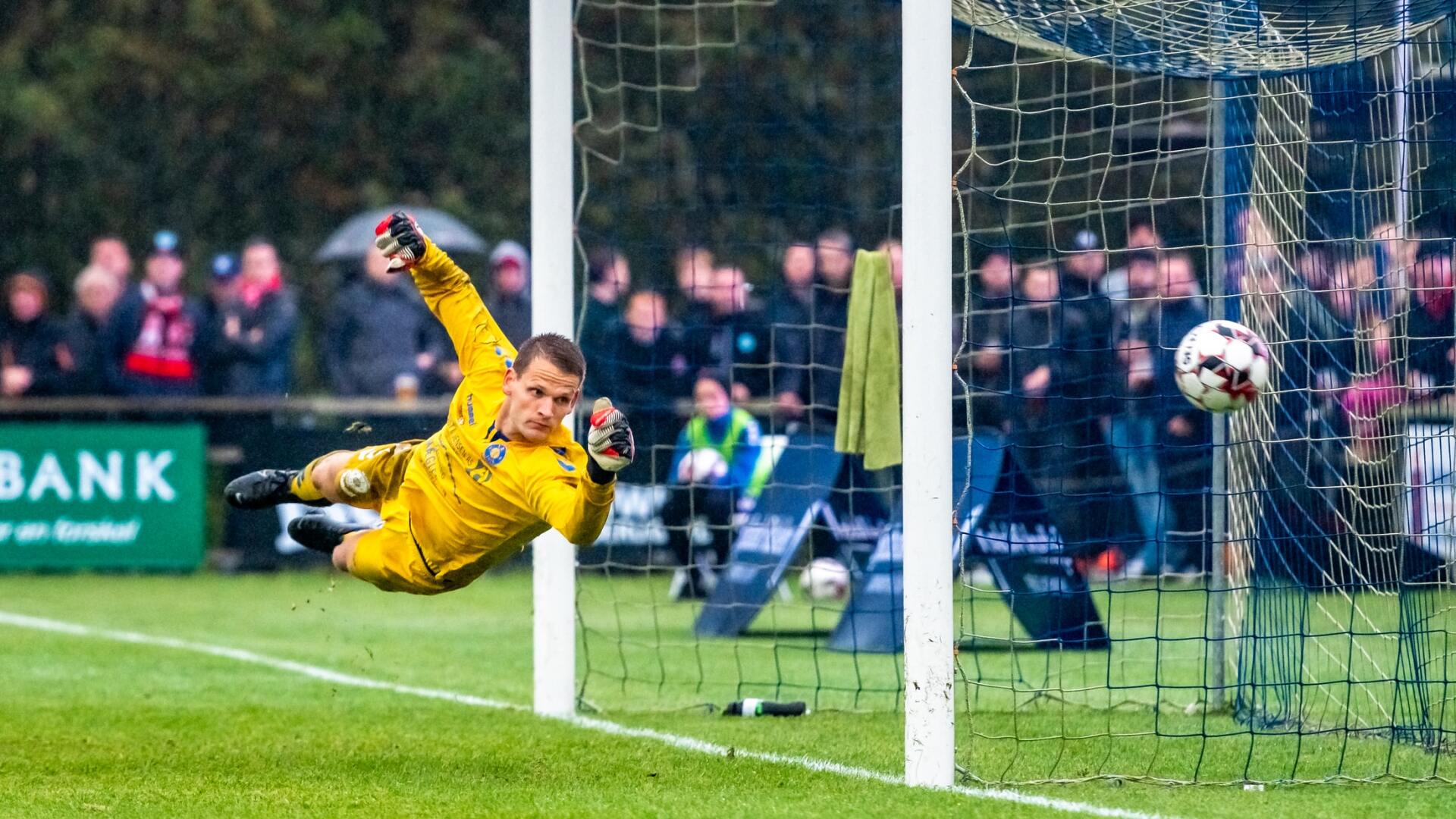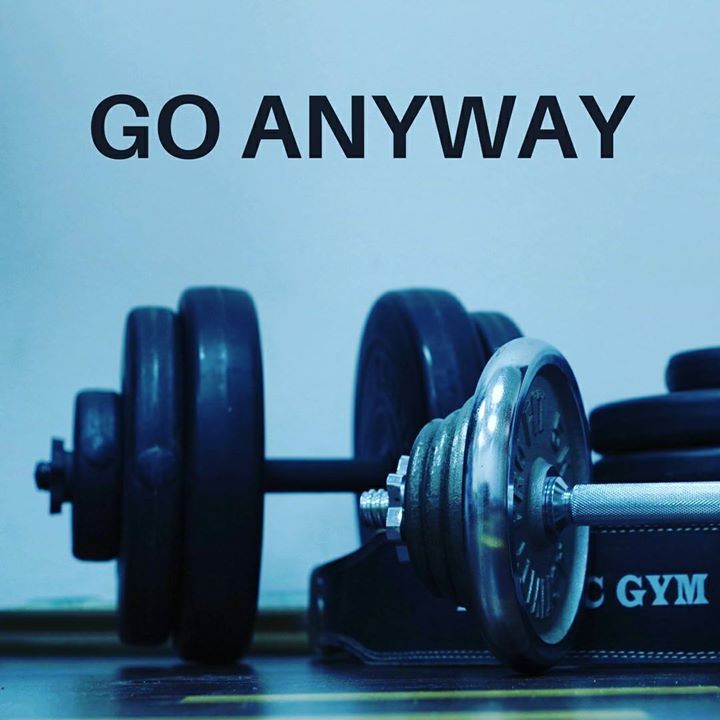Is your own BS holding you back? Part Two: The Power of Self-Talk
Self-talk is a powerful tool you can use to improve your sport performance
In Part One of this post, we learned how an athlete's belief system can influence their performance. We also began learning about self-talk.
Remember the exercise in Part One? You chose an error from a recent athletic performance, and wrote down the first words that came to mind. Then you made a list of positive words of encouragement about the error, much like a coach giving a pep talk.
By reviewing these positive words every night for a week,
you began a process of conditioning your brain to focus on the positive.
Creating the Connection
Now imagine you are a basketball player who associates the word “terrible"with missing a shot. Without your awareness, this negative word unconsciously reinforces feelings of frustration. This is what you DON'T want!
What you DO want is to condition yourself so that missing a shot doesn't get you down. You want to link words of encouragement to the mistake. "Keep moving" or "good effort" will keep your head in the game more than words like "terrible."
Where and When to Practice
You don't have time to practice self-talk while competing, and you don't want to be distracted trying to remember complex phrases during your event.
That's why you need to practice self-talk outside of competition. Set aside specific practice times to work on it. You want to condition yourself enough so that when you are competing, you automatically have a positive attitude.
Finding Your Mantra
Let's take the example of basketball again. Why is it that
some players, even in the NBA, can't make a free throw? Remember Shaquille
O'Neal? Shaq on the Line
If you want to harness the power of self-talk, the
free throw is a great example of an activity to practice. For golf, maybe it's putting. For
endurance sports like cycling, maybe it's hill climbing. Whatever your sport,
choose something you want to improve.
For now though, pretend you are practicing a free throw. Choose
a word - just one word - that encapsulates the mental state you want to be in. You are now honing your self-talk down to what we call a mantra. A mantra is three words maximum, preferably one. It is a "command" designed to focus you.
Picture yourself about to shoot your free throw. You might choose a mantra like "smooth" or "focus," whatever works for you. Then breathe, say your mantra, and shoot the ball.
You don't have to say your mantra out loud, just think it. Or visualize the word in your head. When you make the shot, repeat your mantra several more times. This will help link the mantra to positive expectations.
If you missed the shot, choose a different mantra. Choose a simple word or two of encouragement, like "keep going" or "practice makes perfect." Repeat this mantra several times after missing a shot.
Believe to Achieve
As you can see, we're not working on shooting mechanics here. We're working on your responses to success or failure. You are training yourself to respond in an encouraging way to both events. Practice this enough, and come game time, you won't let a missed shot get you down.
It's important that your self-talk is applied to a realistic situation. A long three-point shot that you can barely make is not a good place to practice self-talk. It will be a waste of time because you won't be getting the encouraging repetition of successful shots.
My Self-Talk Discovery
I wanted to share the
story of how I discovered the power of self-talk. My sport is bicycle racing.
Back when I was racing a lot, I used to get dropped on any significant hill. I became frustrated, and of course this had a downward spiral effect: the more nervous I was before a climb, the faster I got dropped by the other racers.
One day after a race, my friend Matt Sarna, avery talented racer, pulled me aside and gave me some advice.
Matt said to me: "you need to relax... really relax." "Before a climb, everyone's nervous," he continued. "You need to conserve your energy." What struck me most was what he said next: "Tell yourself something to calm you."
During training that next week, I worked on calming myself before hills by repeating the word “relax.” I began to notice my climbing becoming more relaxed and focused.
During my next race, as the first climb appeared, I noticed my anxiety rise. But because I had practiced Matt’s technique, I was able to shift fairly quickly into a relaxed state.
My mantra, "relax," began to work: I was able to stay with the lead group of climbers much longer than normal. This result gave me confidence, and I began to really work on my climbing, and got better and better results in hilly races.
For the Tool Belt
Self-talk is just one tool you can use to improve your sport performance. Like any technique, it takes practice. You won't see results right away. But stick with it, and you should begin to see a positive change. Of course, when learning any new sport technique, it's best to consult with your coach before trying it on your own.
My hope is that this article piques your interest about the power of your mind, and inspires you to learn more about sport psychology.
Like this article? Feel free to share or leave a comment!
